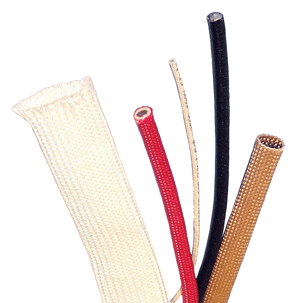Any damage to your cable’s jacketing material as it moves across a rough surface is considered abrasion. Common causes of failure due to abrasive applications are having too thin of a jacket or too soft of a jacket that fails to protect your cable’s conductors or your cable’s shielding during operation.
Choosing the proper abrasion resistant cable will keep your machines up and running efficiently, reduce downtime and allow you to use cable for a longer period of time.
Read More
Topics:
Application Sharing,
Environments,
Abrasion
Cranes are essential to the steel-making process. They’re used for quick, safe loading and unloading of materials and they keep vehicles moving throughout the facility. Cranes also handle scrap or raw materials, liquid metal, and melting buckets. Constantly running, cranes are fully integrated into a steel mill’s processes. Here are the cranes used in the steel industry and the industrial power cables they require.
Read More
Topics:
Reducing Downtime,
Environments,
Steel,
Cranes
What is an Industrial Bus?
In computing, a bus is referred to as a communication system that transfers data between components. An example would be a USB. USB stands for Universal Serial Bus and many devices use this cable, connector, and protocol to interact with a computer.
Read More
Topics:
Application Sharing,
Wire and Cable Tips,
Environments,
Bus Cables,
Network,
Industrial Cable,
Ethernet
Electric wire and cable systems are imperative to any industrial application. It's not only important to choose the correct cable for the job, it's crucial to understand the environment and the ampacity of your cable. A lack of understanding can cause your cables to fail and the entire system can come to a halt leaving you with costly downtime.
Read More
Topics:
Environments,
Medium Voltage Cable,
ampacity,
correction factor,
reeling cable,
conductor
Electrical tape is a common household item that can be used for more than simply insulating electrical wires. The wide variety of uses and applications requires a product that can withstand a wide range of environments. Unfortunately, the simplicity of electrical tape can fall short in industrial applications. Electrical tape relies on adhesive and adhesive fails in dirty, oily and high temperature conditions. Regular electrical tape is also thin which requires substantially more tape in order to get any level of dielectric strength or abrasion protection. The quality of tape can mean be difference between a safe fix and a severe problem.
Read More
Topics:
Maintenance,
Environments,
Products,
Safety,
Oil & Gas,
Ship maintenance
Not all wire and cable are created equally, with only a small elite group of solutions designed to withstand aggressive routine and harsh abuse. With the high price tag associated with electrical failures due to downtime and constant cord and cable replacement, it’s important to take a close look in the areas where cables are replaced most often.
Read More
Topics:
Application Sharing,
Reducing Downtime,
Environments,
Engineering
Flexible wire and cable is beneficial across various industrial applications from crane hoists to conveyors. It’s important to understand that this flexibility doesn't happen by accident. It’s achieved by maximizing best practices and using high-quality materials throughout each and every wire and cable product.
Read More
Topics:
Wire and Cable Tips,
Environments
In an industrial setting, it’s imperative to be aware of the chemicals coming into contact with your cable and how they may impact the life of the cable. The cable’s jacket can swell, bloat, or harden after exposure, and even penetrate to the cable itself. Being armed with this knowledge will help you choose a proper cable that will last.
Here are some of the common chemicals to which your industrial power cables may be subjected.
Read More
Topics:
Environments,
Food & Beverage,
Chem-Gard,
Wood, Paper, Pulp
WHY HAVE AN EMERGENCY OPERATIONS PLAN?
If we've learned anything from recent events, having an operations plan in case of an emergency plays a very important role in keeping your facility up and running and your people safe. Your plan can provide guidance to employees during an emergency and highlight potential issues in your facility, such as hazardous conditions and a lack of resources, that you may be able to fix prior to an emergency happening.
Read More
Topics:
Temporary Power,
Environments,
Disaster Preparedness
The Wood, Pulp & Paper industry is known for producing wood chips, pulp slush, and waste water (aeration ponds). The paper-making process results in a lot dust and other particles that can put machinery and cables at an increased risk for failure.
Without proper maintenance, it is hard to protect your investments. Here are 5 maintenance tips for wood and pulp equipment:
Read More
Topics:
Maintenance,
Environments,
Products,
Wood, Paper, Pulp
Choosing the right reeling cable for your crane application can feel like a game of chance. You’re not sure which one will do the trick so, with blindfold on and fingers crossed, you choose a cable, install it on the application, and hope for a win. If this particular game of chance sounds risky & reckless to you, you're in good company. Check out our handy-dandy guide for matching the right reeling cable to your crane application - simply scroll for the low-res embedded images or click to download the high-res .pdf. Then, read on to solve your biggest challenge related to a more elusive type of reeling cable.
Read More
Topics:
Wire and Cable Tips,
Environments,
Products
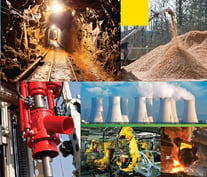 Mary Gannon, Senior Editor at Design World, recently spoke with the experts at TPC for expert insight into which industries are making the most impact on electrical cable designs.
Mary Gannon, Senior Editor at Design World, recently spoke with the experts at TPC for expert insight into which industries are making the most impact on electrical cable designs.
Read More
Topics:
Wire and Cable Tips,
Environments,
Industry Insights
Steel products play an essential and important role in modern life. The manufacture of steel delivers the many goods and services we all know very well—access to reliable and affordable energy, improved agricultural practices, telecommunications, clean water, better transportation networks and healthcare.
Read More
Topics:
Reducing Downtime,
Environments,
TPC Wire & Cable

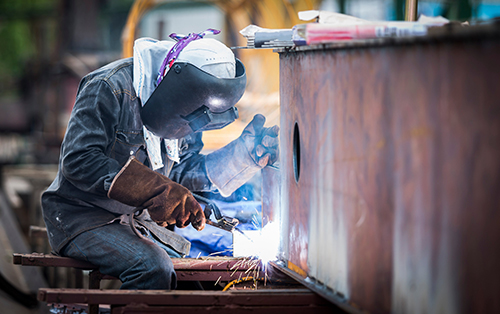
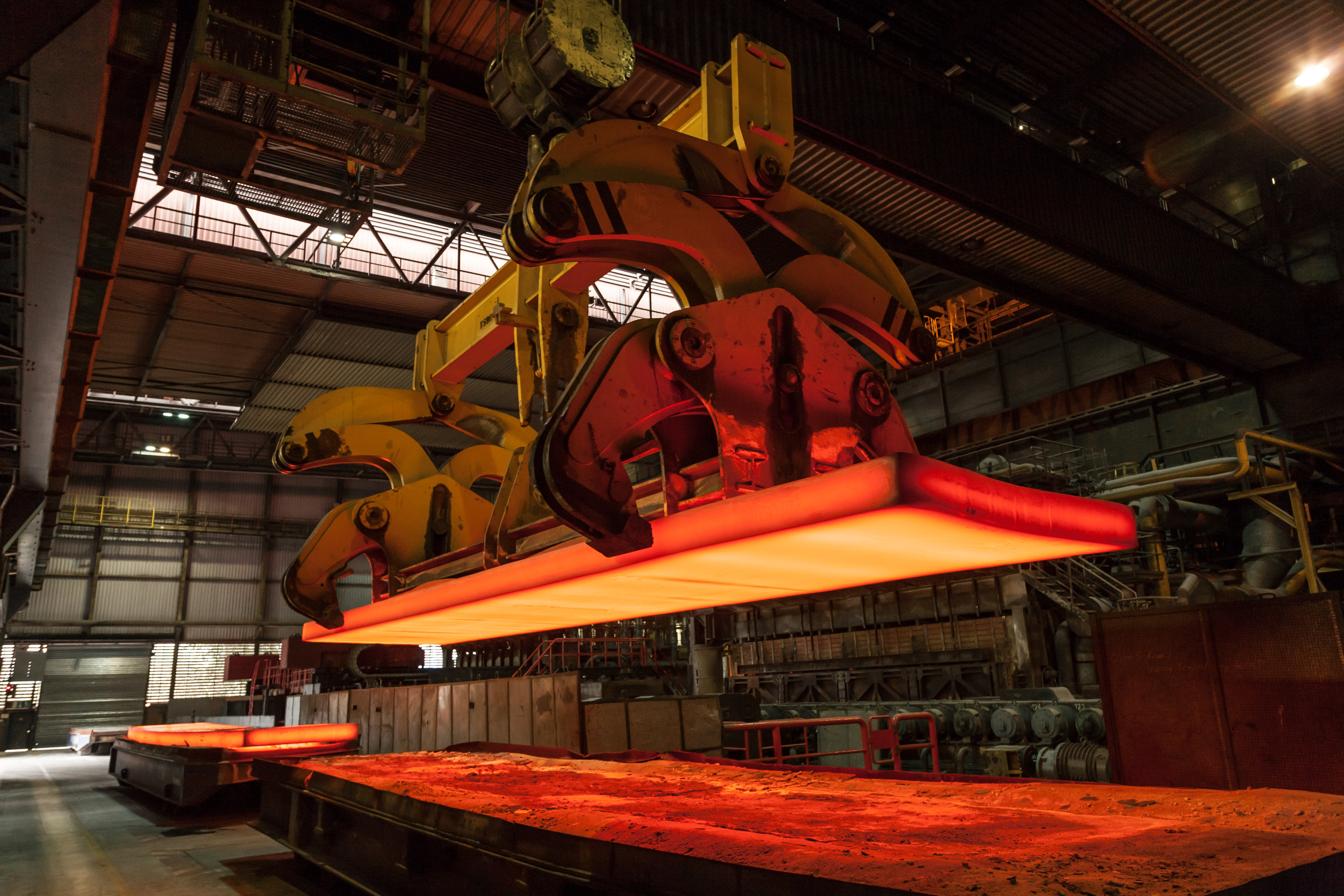
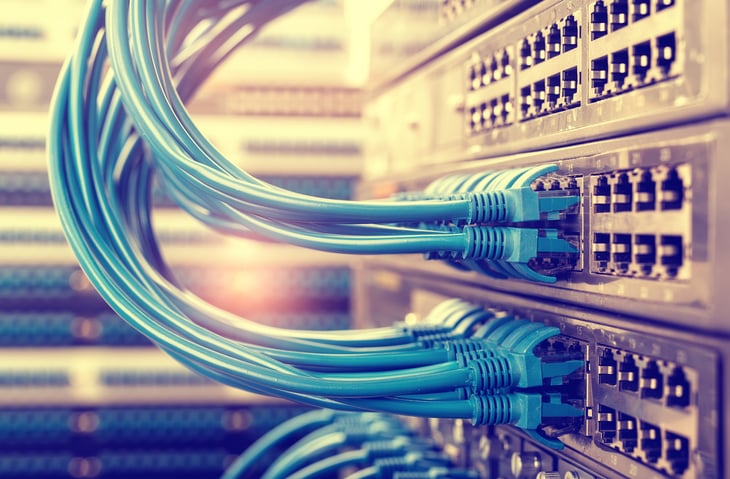
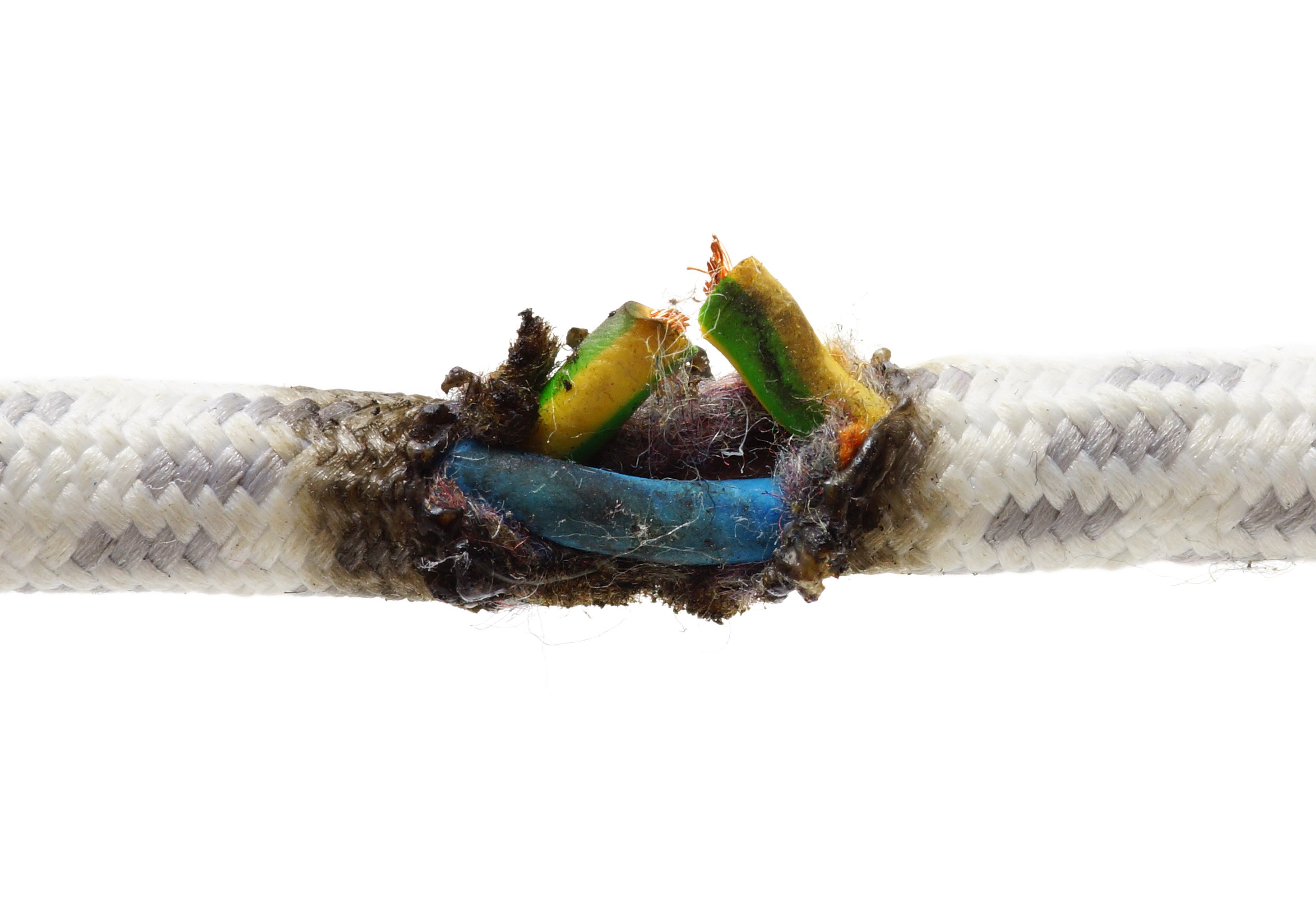
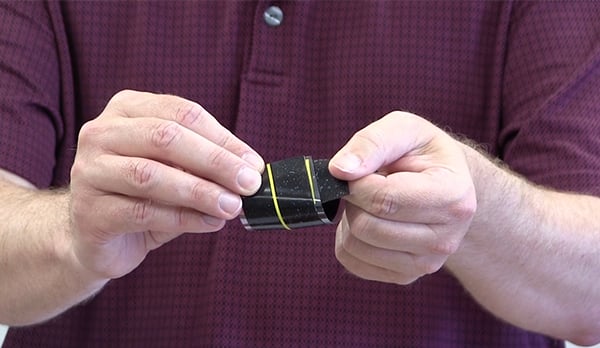
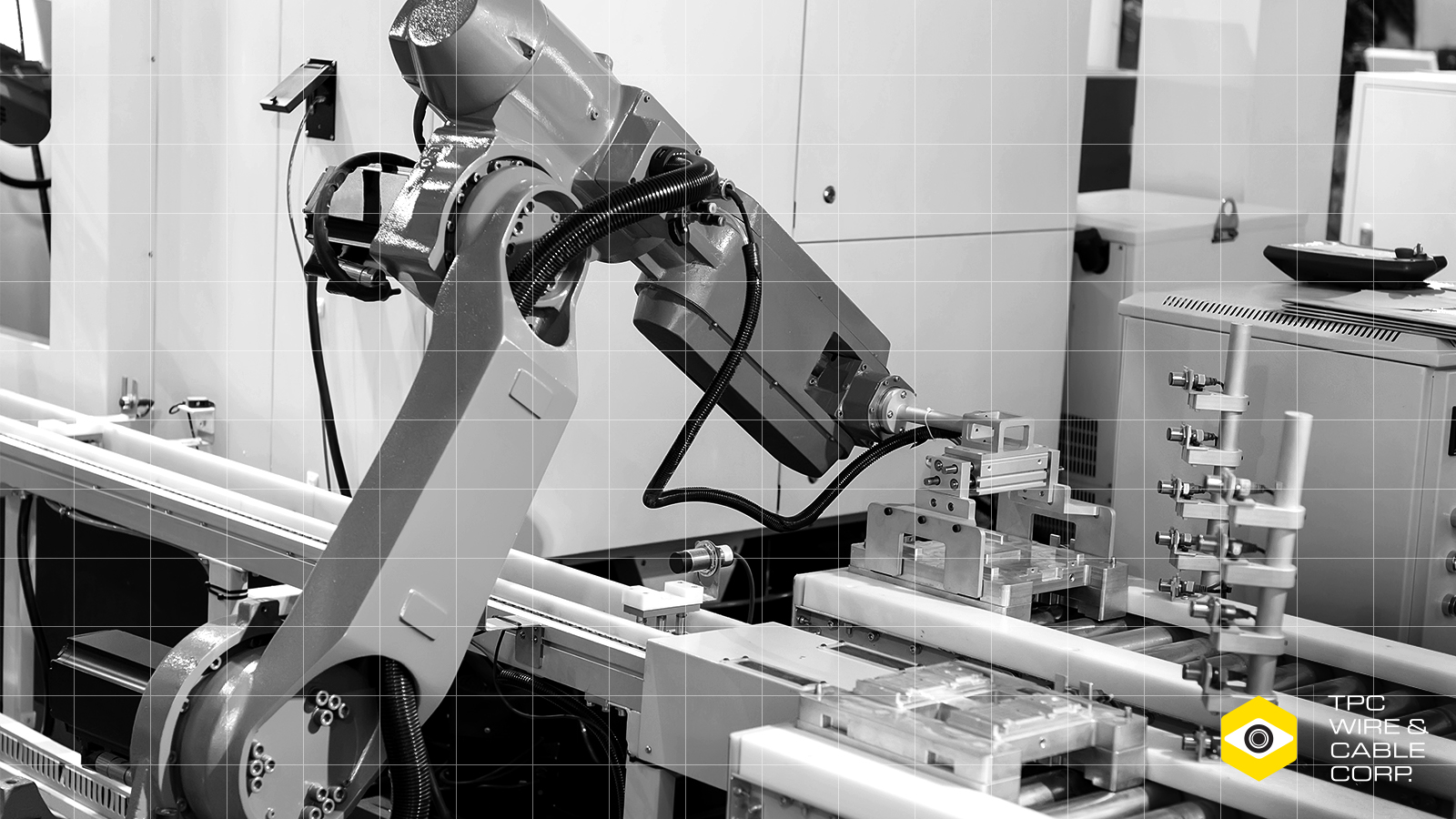
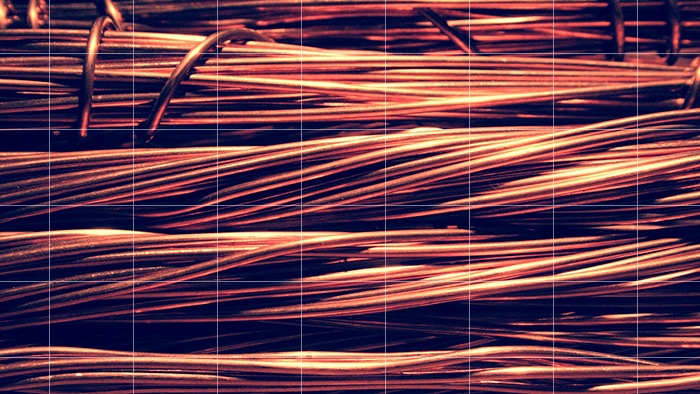
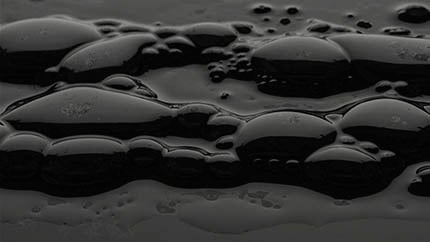
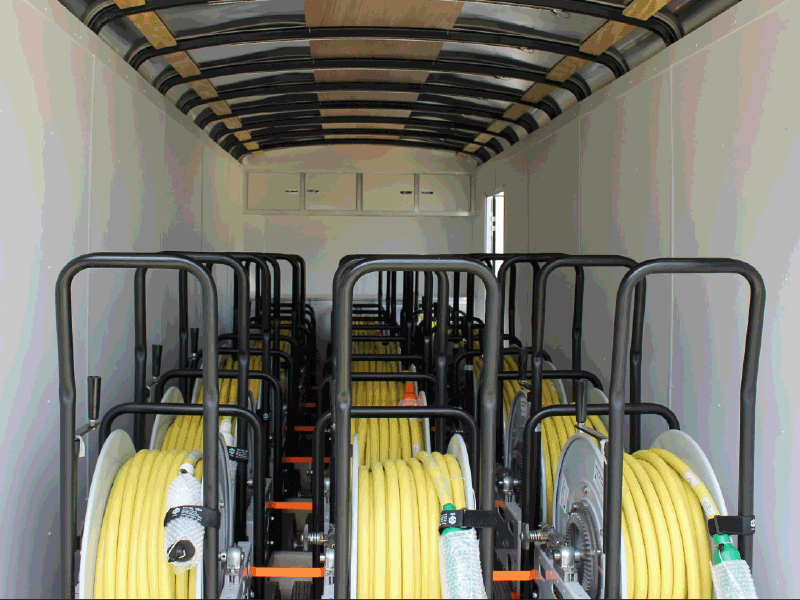
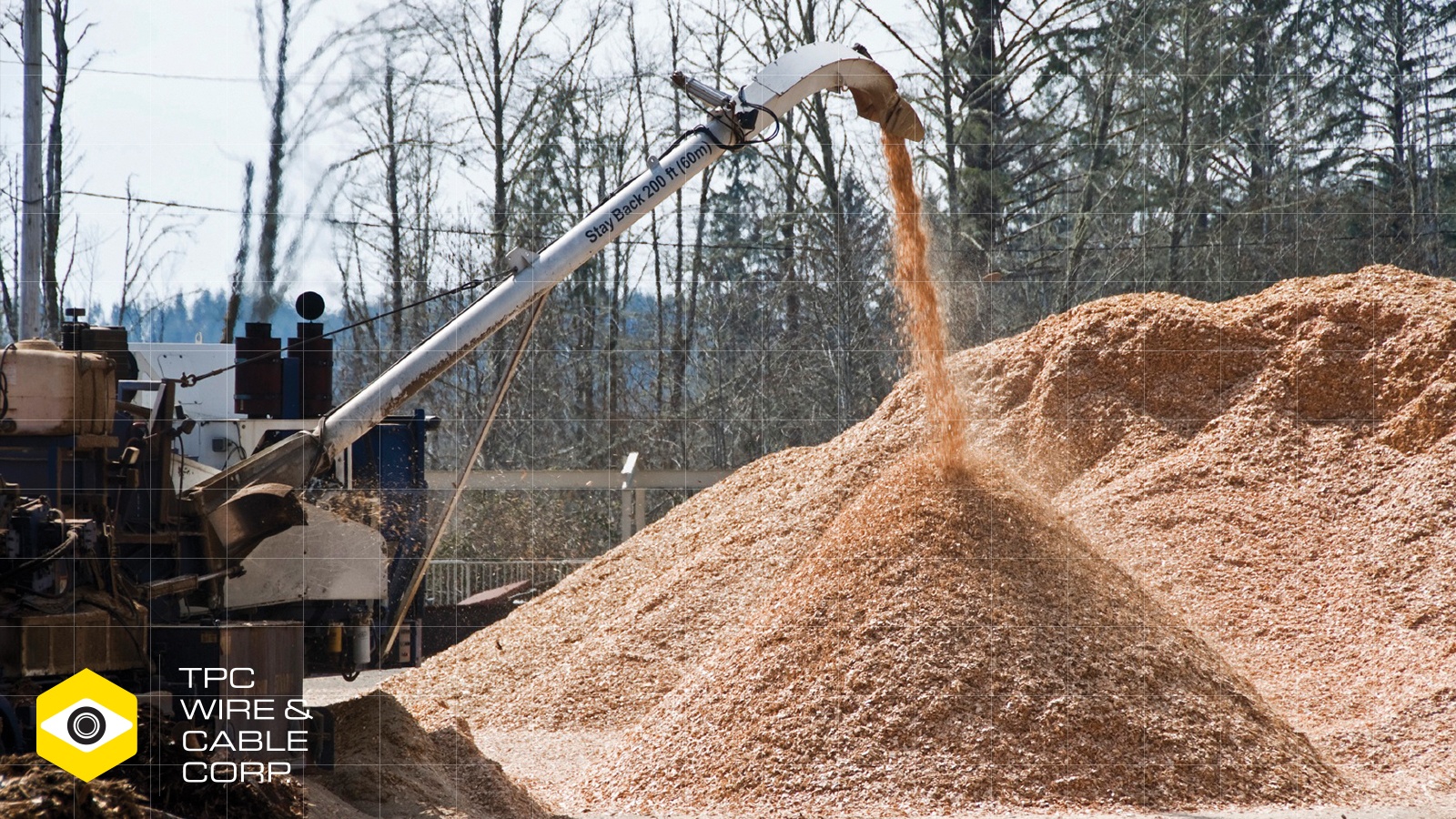
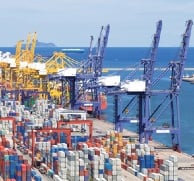
 Mary Gannon, Senior Editor at Design World, recently spoke with the experts at TPC for expert insight into which industries are making the most impact on electrical cable designs.
Mary Gannon, Senior Editor at Design World, recently spoke with the experts at TPC for expert insight into which industries are making the most impact on electrical cable designs.